Understanding Poker Starting Hands
In the world of poker, mastering the art of choosing the right poker starting hands can be the difference between winning and losing. This section provides a clear understanding of what starting hands are and their significance in the game of poker.
What are Starting Hands?
In poker, the term ‘starting hands’ refers to the initial two cards that players receive at the beginning of a round. These cards hold significant value as they form the basis of the hand you’ll play. It’s upon these that your initial strategies and decisions are made.
Starting hands can range from pairs (where both cards share the same rank) to cards that share no common characteristics. For a detailed insight into hand rankings, check out our article on poker hand rankings.
Importance of Starting Hands in Poker
The importance of starting hands in poker cannot be overstated. Your starting hand is the foundation of your game in each round. It’s the first step in determining your strategy and dictates your actions – whether you’ll fold, call, or raise.
Good starting hands, such as a pair of aces or kings, provide a strong base for building a winning hand. On the contrary, weak starting hands like a 7-2 off-suit, arguably the worst starting hand in Texas Hold’em poker, often lead to losses if played.
Understanding the value of your starting hands is crucial in making informed decisions about whether to stay in the game or fold. Betting on weak starting hands can be a costly mistake, especially if other players are holding stronger hands.
The importance of poker starting hands is not only limited to the strength of the hands but also to their potential. A starting hand like ace-king suited has the potential to turn into a straight, a flush, or even a royal flush with the right community cards.
By having a solid understanding of poker starting hands, players can make strategic decisions and increase their chances of winning. For a deeper understanding of the game, consider reading our poker basics guide.
Analyzing the Best Starting Hands
Mastering poker starting hands is a critical aspect of poker strategy. Certain starting hands inherently have a higher probability of winning, given their card strength and potential to improve after the flop. In this section, we’ll discuss four of the strongest starting hands in poker: Pocket Aces, King-King, Queen-Queen, and Ace-King suited.
Pocket Aces
Topping the list of the greatest poker starting hands are Pocket Aces, also known as American Airlines or bullets. This pair is the highest possible pre-flop hand in Texas Hold’em Poker. With a probability of 0.45% of being dealt this hand, it is a rare but highly desired start.
| Hand | Probability of being dealt |
|---|---|
| Pocket Aces | 0.45% |
 A♥️ |   A♠️ |
When you find yourself with Pocket Aces, you have the best possible hand at this stage of the game. However, remember that the strength of your hand can change dramatically after the flop, turn, and river. Learn more about poker hand rankings for a deeper understanding.
King-King
Following closely behind Pocket Aces is another strong pair: King-King, often referred to as cowboys. With a probability of 0.45% of being dealt this hand, it’s another rare but potent starting position.
| Hand | Probability of being dealt |
|---|---|
| King-King | 0.45% |
  K♦️ | 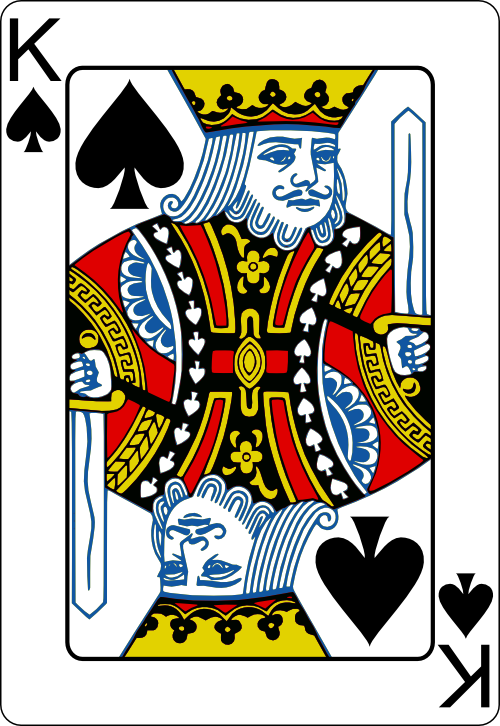  K♠️ |
While not as strong as Pocket Aces, King-King still gives you a significant advantage pre-flop. However, an Ace on the board can quickly turn the tables, so proceed with caution if an Ace appears.
Queen-Queen
Next on the list is the pair Queen-Queen, known colloquially as ladies. This pair is another strong pre-flop hand, offering a good chance of leading the round if played correctly.
| Hand | Probability of being dealt |
|---|---|
| Queen-Queen | 0.45% |
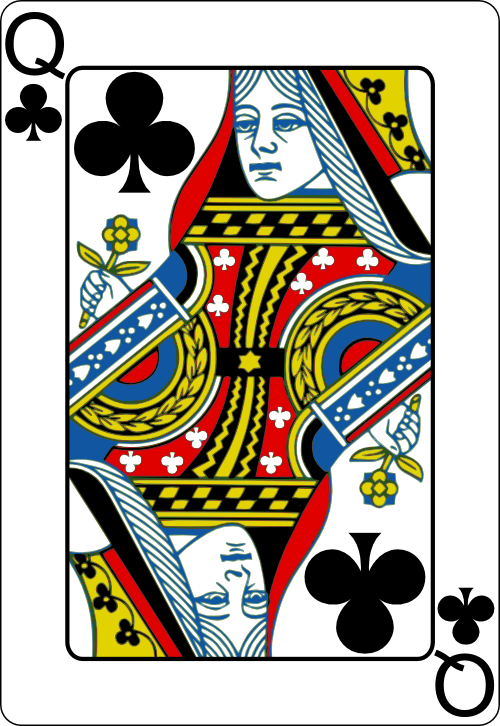   Q♣️ | 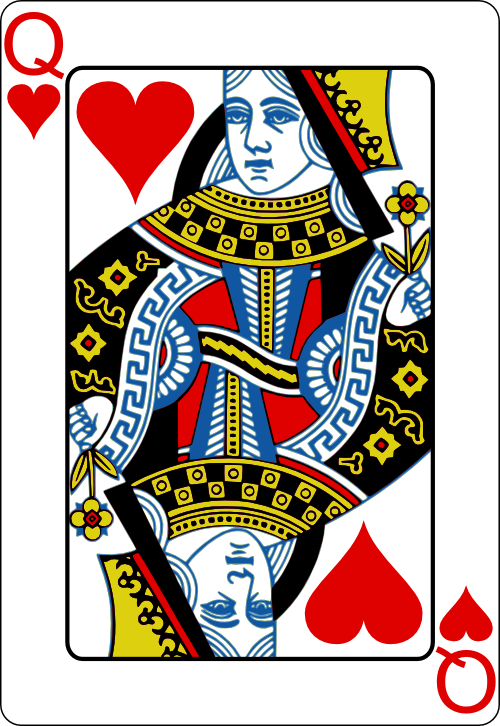   Q♥️ |
Although Queen-Queen is a strong starting hand, be wary of an Ace or King on the flop, which could put other players in a stronger position.
Ace-King Suited
Lastly, we have the Ace-King suited, often referred to as Big Slick. While not a pair, this hand offers numerous possibilities for a high straight or a flush.
| Hand | Probability of being dealt |
|---|---|
| Ace-King Suited | 0.30% |
    A♥️ |   K♥️ |
Remember that while these are some of the best starting hands in poker, the game’s dynamic nature means that hand strength can fluctuate with each card revealed. Knowing how to play these hands requires understanding the game’s basics, the hand rankings, and the ability to read the table and your opponents. For more information on getting started with the game, check out our articles on how to play poker and poker basics.
Decent Starting Hands in Poker
While the best poker starting hands can give you a significant advantage, it’s also crucial to know and understand the value of decent starting hands. These hands may not be the strongest, but they still hold potential and can be effectively played in the right circumstances.
Jack-Jack
A pair of Jacks is a solid starting hand in poker. While not as powerful as a pair of Aces, Kings, or Queens, it is still a strong hand with the potential to create a set or a full house. However, caution is needed when an Ace, King, or Queen appears on the board, as it could mean your opponents have a higher pair. Understanding the potential of this hand requires a firm grasp of poker hand rankings.
  J♠️ |   J♦️ |
10-10
Similar to Jacks, a pair of Tens is a decent starting hand. Again, it’s not as dominant as the higher pairs, but it still carries significant weight in pre-flop play. This hand has the potential to form a set, straight, or even a full house. Learning when to play and when to fold this hand is a key aspect of mastering the game of poker. For a deeper dive into the game’s strategies, check out our article on how to play poker.
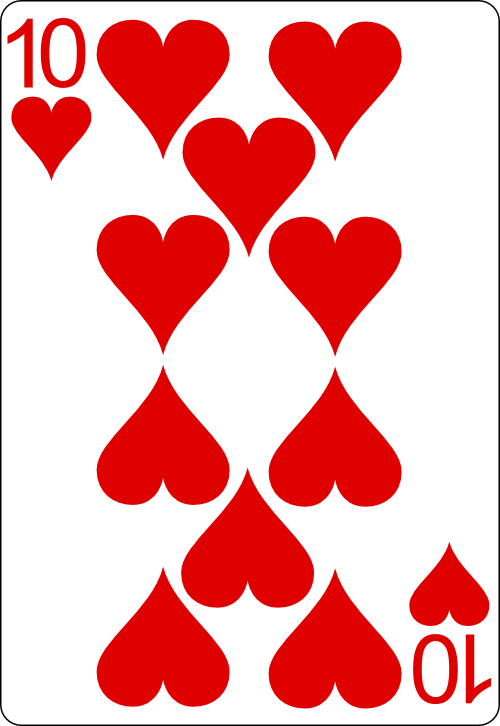  10♥️ | 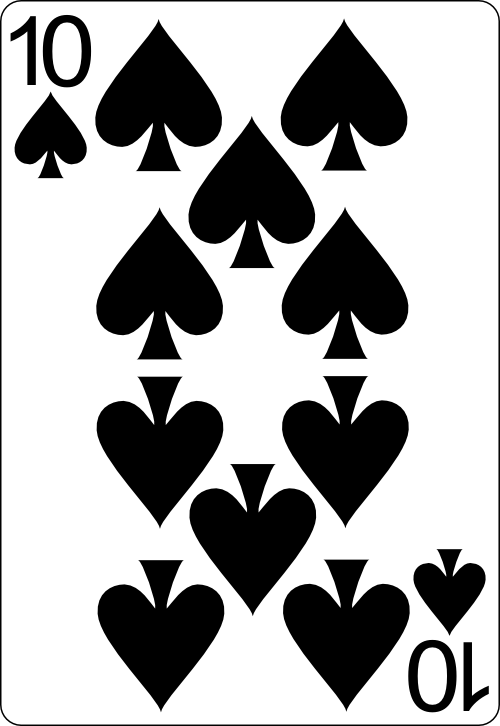  10♠️ |
Ace-Queen Suited
The Ace-Queen suited is a highly playable hand that can lead to a straight, flush, or even a royal flush. Its strength lies in its flexibility and the potential to beat other non-paired hands. However, this hand can be vulnerable to higher pairs like Kings and Aces, so it’s important to play it wisely.
    A♥️ |    Q♥️ |
King-Queen Suited
The King-Queen suited is another strong starting hand, with potential to form a straight or a flush. This hand can be particularly strong in late position play, where you have more information about your opponents’ actions. However, it’s crucial to tread carefully if an Ace appears on the board, as it could potentially defeat your hand. Understanding how to leverage this hand requires a good understanding of poker basics.
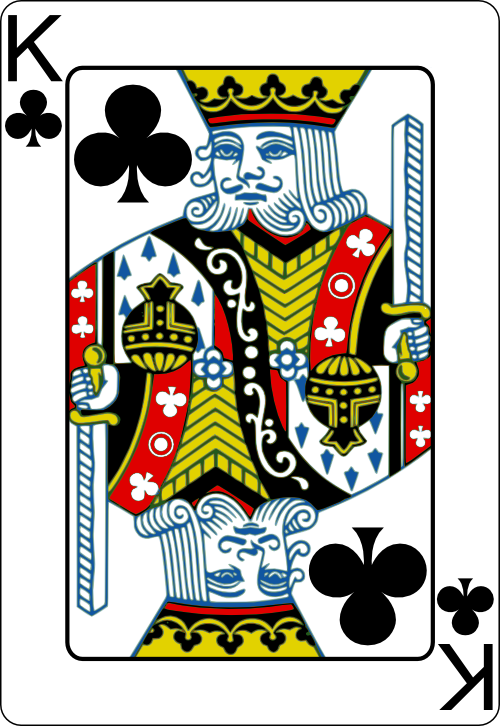  K♣️ |    Q♣️ |
In conclusion, while these hands may not be the strongest poker starting hands, they hold potential and can contribute to a winning strategy when played correctly. It’s essential to understand their value, know when to play them, and when to fold. By mastering these hands, you can improve your poker game and increase your chances of success at the poker table.
Starting Hands: Position Matters
In the game of poker, your position at the table can significantly influence the outcome of your game. Understanding how to navigate the poker starting hands based on your position is a vital facet of strategic play. This section will delve into early, middle, and late positions and the optimal starting hands for each.
Early Position Hands
In an early position (usually the first two or three players to the left of the dealer), it’s essential to play conservatively. Being one of the first to act, you lack information about the other players’ hands. Hence, sticking to the top starting hands is crucial. Ideal hands for early positions include pocket aces, king-king, queen-queen, and ace-king suited. These hands have a high chance of winning, which justifies the risk of playing without much information.
Middle Position Hands
Players in the middle position have a slight advantage, as they’ve seen the actions of the early position players. This position allows for a slightly broader range of starting hands. Along with the top-tier hands, decent hands like jack-jack, 10-10, ace-queen suited, and king-queen suited can also be played effectively. However, it’s important to be mindful of the actions of the early position players before making a move.
Late Position Hands
Being in a late position (the last few players to act) presents the most flexibility. You’ve seen almost all players’ actions and can make well-informed decisions. In addition to the best and decent starting hands, you can also play lower pairs, suited connectors, and even some high-card hands depending on the table’s dynamics. However, it’s essential to remain adaptable and adjust your game based on the information you’ve gathered.
To illustrate, let’s look at a table representing desirable starting hands based on position:
| Position | Starting Hands |
|---|---|
| Early Position | A-A, K-K, Q-Q, A-K suited |
| Middle Position | J-J, 10-10, A-Q suited, K-Q suited + Early Position Hands |
| Late Position | Lower pairs, Suited connectors, High-card hands + Middle and Early Position Hands |
As you can see, understanding your position at the table and adjusting your play accordingly is an integral part of poker strategy. It’s necessary to remember that position and starting hands go hand in hand and mastering this correlation is key to becoming a successful poker player. For more information on the basics of poker and how to play, visit our guides on how to play poker and poker basics.
Making the Most of Your Starting Hands
Mastering the use of poker starting hands is about more than just knowing the strongest combinations. It also involves understanding when to fold, recognizing the power of position, and comprehending your opponents’ play styles.
Knowing When to Fold
Even the best players know that folding is a crucial part of poker. It’s not always about playing the hand you’re dealt, but knowing when to let it go. Understanding this aspect of the game can save your chip stack and keep you in the game longer.
For instance, you might have a decent starting hand, but if your opponents are raising heavily, they might have stronger hands. In such cases, it might be better to fold and wait for a better opportunity. The key is to understand the relative strength of your hand against the potential hands of your opponents.
The Power of Position
The position is another crucial factor that can influence the value of your starting hand. In poker, the later you act in a betting round (the closer you are to the dealer), the more information you have about the other players’ hands. This information can be beneficial when deciding whether to fold, call, or raise.
For example, if you’re in a late position and everyone else has folded, a decent starting hand might be worth a raise. On the other hand, if you’re in an early position and several players have raised before you, even a good starting hand might not be strong enough.
Understanding Your Opponents
Finally, understanding your opponents’ tendencies, play styles, and patterns can help you make the most of your starting hands. If an opponent often bluffs, for example, you might decide to call their raise even if you have a mediocre hand. Conversely, if an opponent only ever raises with strong hands, you might decide to fold when they place a big bet, even if you have a decent hand.
By paying attention to your opponents’ actions and learning how they play, you can gain valuable insights that can help you make more informed decisions about your own starting hands.
In summary, making the most of your poker starting hands involves a combination of understanding the relative strength of your hand, recognizing the power of position, and comprehending your opponents’ play styles. For more information on mastering these concepts, refer to our articles on how to play poker and poker basics.
Tips for Dominating with Poker Starting Hands
Mastering poker starting hands is just one aspect of the game, but it’s a significant one. By applying the right strategies, you can turn the odds in your favor. Here are some key tips to improve your game.
Practicing Patience
In poker, patience is often rewarded. You may not always get strong starting hands, but waiting for the right ones can help you avoid unnecessary losses. It’s often tempting to jump into the game with mediocre hands, especially when you’re dealing with a string of poor cards. However, it’s more beneficial in the long run to fold these hands and wait for better opportunities.
Remember, poker is a game of skill and strategy, not just luck. For more tips on playing poker, check out our guide on how to play poker.
Making Calculated Decisions
Every decision at the poker table should be calculated and based on the available information. This includes your starting hands, the number of players in the game, your position at the table, and the actions of your opponents.
Understanding the odds associated with different poker starting hands can help you make better decisions. For instance, the chances of being dealt pocket aces are 1 in 221. Being aware of such probabilities can guide your betting decisions.
For more information on the odds and hand rankings in poker, check out our guide on poker hand rankings.
Learning from Your Mistakes
Even the most experienced poker players make mistakes. The key is to learn from these errors and avoid repeating them in future games.
Did you overestimate the strength of your starting hand? Did you fail to consider the actions of your opponents or the position at the table? Reflecting on these questions can help you identify any patterns in your mistakes, allowing you to adjust your strategy accordingly.
Remember, becoming a better poker player is a continuous learning process. Check out our guide on poker basics to deepen your understanding of the game.
By practicing patience, making calculated decisions, and learning from your mistakes, you can significantly improve your performance with poker starting hands. With these strategies in mind, you’re well on your way to unleashing your inner shark at the poker table.

